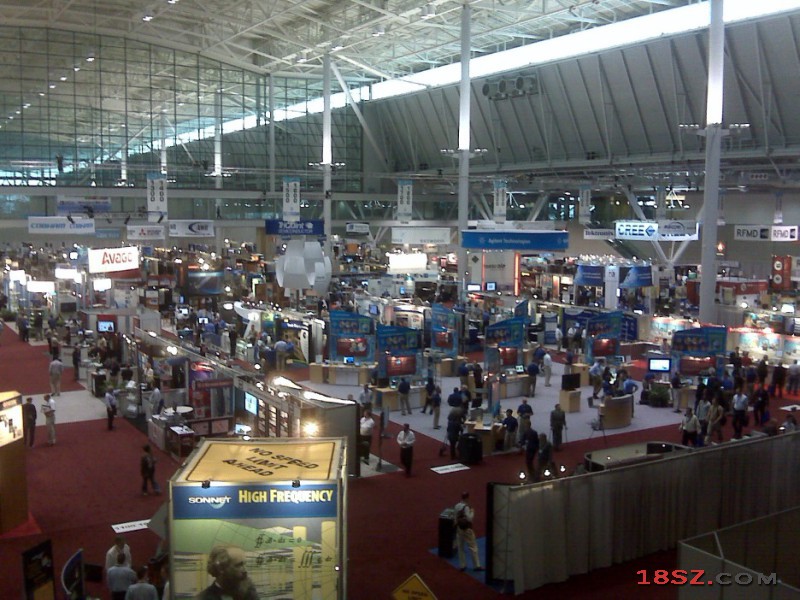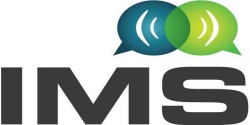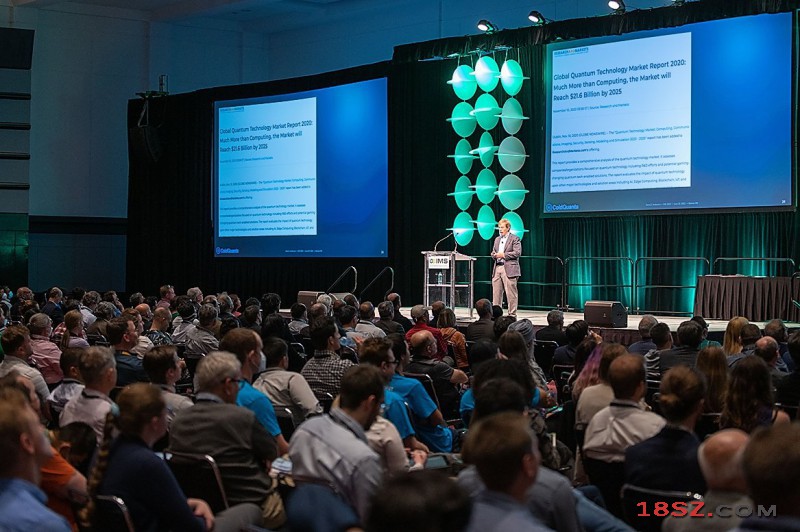
美国国际微波技术展览及研讨会(IMS - International Microwave Symposium)是全球射频技术(RF)、微波和毫米波研究人员及技术专家和学术界和行业从业者的杰出年度聚会、展览与研讨会议,从2003年开始,一年一届,在美国各地轮流举行,会议及展览为期一周,因此称美国微波周、微波通讯展、微波技术展。IMS是电气和电子工程师协会(IEEE)微波理论与技术协会(MTT-S)的旗舰会议。美国微波技术展,被誉为全球最大的射频与微波专业人士聚集地,同时也是微波领域最新学术研究、技术产品的发源地。
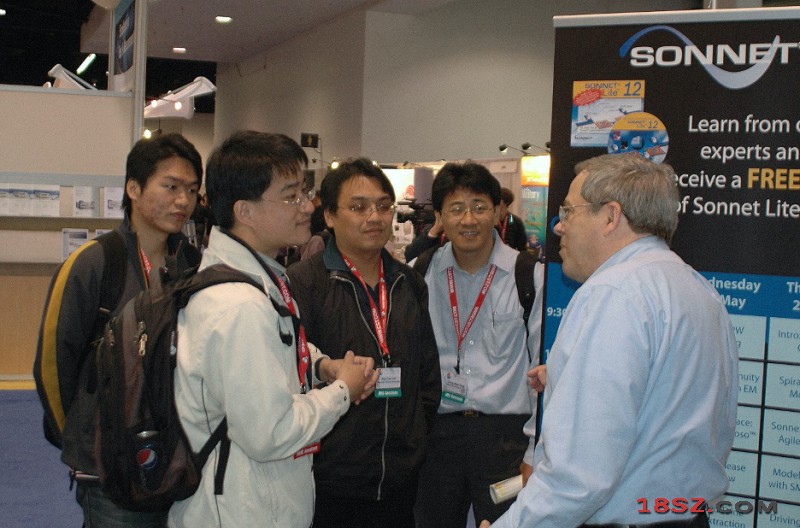
IMS 主题“微波、医药、流动性”突出了RF,微波和毫米波研究,开发和产品在医药(包括诊断和治疗)和电信领域(包括5G,互联网(IoS)和物联网(IoT))。 IMS将展示来自前沿研究实验室和创新行业合作伙伴的MTT-S成员和合作伙伴的贡献对整个社区的影响。社区,国家和大陆的好处包括但不限于实现更好的健康结果和沟通。 IMS将提供的最大好处是,它提醒所有与会者,我们如何将我们联系在一起成为一个世界范围的社区 - 渴望知识和激情创造改善我们日常生活的技术。
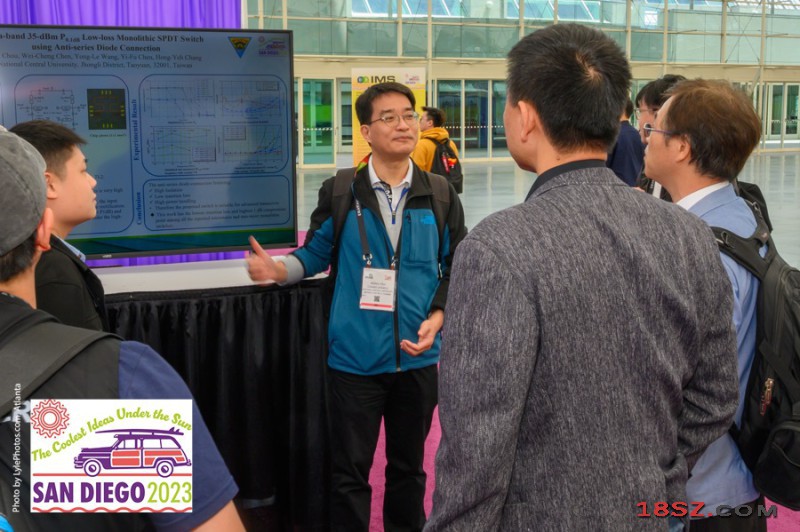
IMS将吸引来自世界各地的9000多名与会者参加研讨会的技术会议,研讨会和短期课程;并参加了800多家行业参展商展示他们在微波设备和产品,设计软件以及测试和测量设备方面的最新进展。
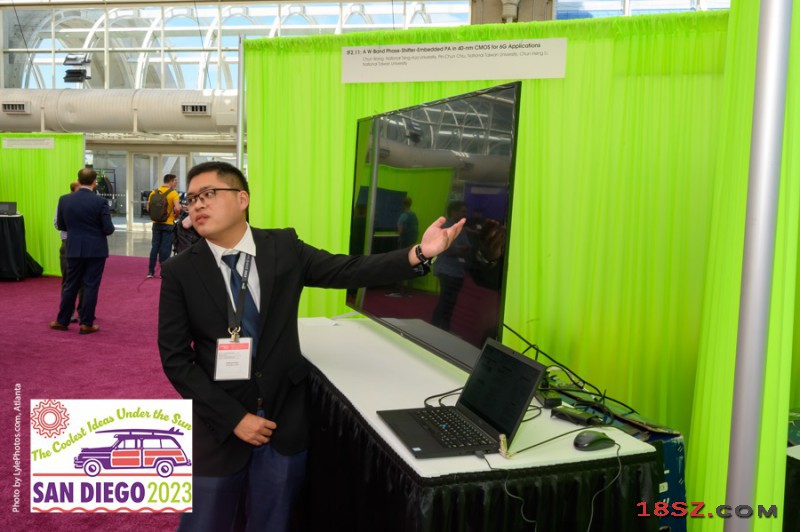
与同行参与者接触和学习的机会包括展览研讨会和应用研讨会,行业专家解释其产品背后的技术并强调其应用。专业和社交网络活动可用于许多兴趣小组,包括青年专业人士,工程/妇女妇女微波炉(WIE / WIM),业余无线电(HAM),中高级学生STEM和未代表的项目连接少数民族。
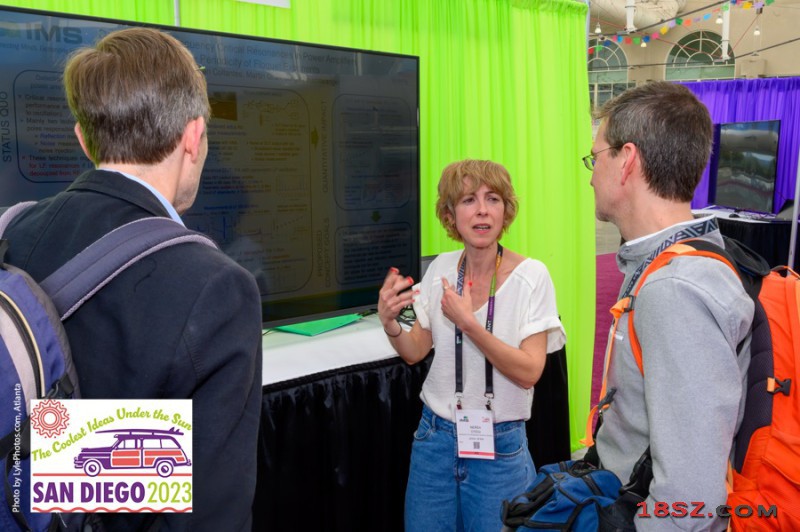
展品范围(Show Products):
微波有源部件:放大器、混频器、微波开关、振荡器组件;
微波无源部件:射频连接器、隔离器、环形器、滤波器、双工器、天线、接插件;
微波元件:电阻、电容、三极管、场效应管、电子管、集成电路;
通信微波整机:移动通信、扩频微波、微波点对点、寻呼相关等相关配套和辅助产品;
微波材料:微波吸收材料、微波元器件、无线等其它相关电子材料;
仪器仪表:各类微波行业专用仪器仪表,微波光学设备等;
微波能设备:微波加热器、测试仪器等。
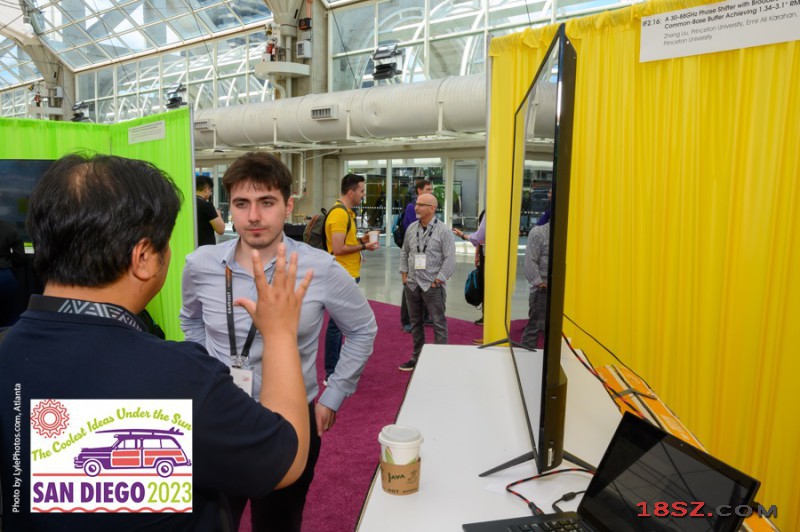
展会报告(Show Reports):
The event that would become the International Microwave Symposium, or IMS, was first hosted by the Professional Group of Microwave Theory and Techniques (PGMTT). This group was founded in 1952 as a part of the Institute of Radio Engineers (IRE), due to a growing interest in the field of microwave research.1 Previously, research in microwave technology had primarily been conducted by the U.S. Department of Defense, with many of the findings classified.
The PGMTT was one of the first civilian research groups. In their early years, they published papers on microwave technology and hosted small symposiums, which were all concentrated in the northeastern United States. There are not many records of the event, but their first symposium, hosted in New York City in 1952, presented at least ten papers and hosted 210 people.2 The group usually hosted at least one symposium per year, with the exception of 1955 in which there were none. The topics of these meetings were focused and diverse, ranging from microwave circuitry, radio relay systems, and the properties and applications of ferrites.
The 1956 symposia were so successful that the PGMTT decided that there was a need to hold a larger event that covered a whole range of topics related to microwave technology, which would occur on an annual basis. This event, known as the PGMTT National Symposium, was hosted in New York City on May 9th and 10th of 1957, and was the first of the conventions that would later be known as the International Microwave Symposiums. It was also at this point that the symposia stopped being concentrated in the northeast, and host locations were selected from across the United States beginning with Stanford, California, in 1958.
The event evolved further in 1963, when the IRE merged with its former competing group, the American Institute of Electrical and Electronics Engineers, to form what would simply be known as the Institute of Electrical and Electronics Engineers (IEEE). At its outset, the IEEE had 150,000 members, of which 140,000 were American.3 The next year, the event was rebranded as an international symposium with the hope of drawing in membership and contributions from foreign engineers.
The rebranding effort started to pay off in 1967, when there was demonstrated international interest, but the expenses of travelling to the United States for the convention deterred many attendees. In order to accommodate them, the group tried to appeal to the U.S. government to help sponsor the event to make attendance less expensive, but their appeal was refused. The effort was saved when local microwave companies from the Boston area helped to finance trip expenses for attendees from Japan and Western Europe. The international attendance bolstered the number of attendees to a record setting total of 794.
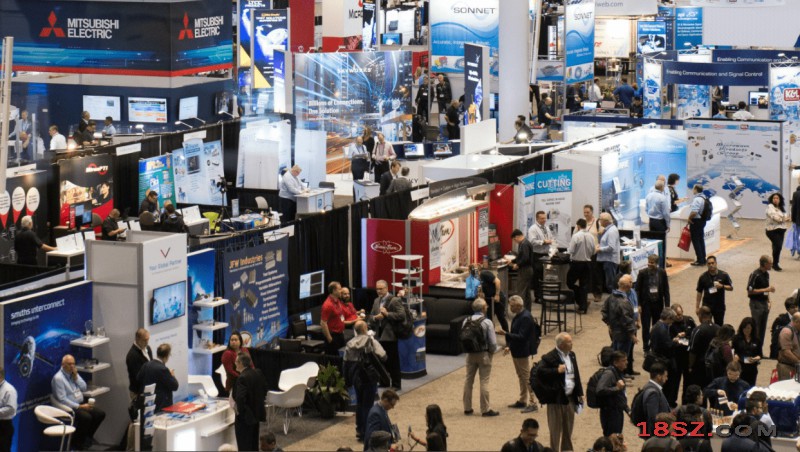
However, the difficulty of attracting international attendees due to the price of the event led to the organizing group, now known as the MTT, to look for new sources of funding to expand the event and make it more accessible. The MTT symposia had been unique in that up until this point, they had been purely technical gatherings. There had been no company exhibitions of any kind at the events, and including one in future conventions would provide a considerable increase in income. However, when administrators conducted a survey on whether attendees would like an exhibition at the 1970 trade show, the answer was a resounding no. Furthermore, many administrators of the MTT were concerned that including an exhibition would make the event more oriented around sales than technical advances and greatly change the tone of event. Despite the initial opposition, the administration eventually voted to include a commercial exhibition in the annual convention due to a need for more funds. The first trade show associated with the event occurred in 1972, with nineteen companies present and sixteen displays. The exhibition proved to be incredibly profitable, and thus trade shows became a staple of the event.
By the end of the 1970s, the event was expanding rapidly. In 1979, the Symposium invited the Automatic Radio Frequency Techniques Group (ARFTG), who would come to run regular conferences at IMS, and in 1982 it hosted the IEEE Microwave and Millimeter-Wave Monolithic Circuit (MMWMC) Symposium.5 By the 1983 Boston Symposium, it became clear that these efforts to expand it had paid off significantly. This symposium lasted for five days and broke the records for both attendance and papers submitted, largely due to an increased number of exhibitions, and these numbers would only be eclipsed in coming years. The number of recorded attendees at this event totaled 5128, with 276 papers submitted and 166 presented.
In 1995 the event was rebranded yet again as the International Microwave Symposium. In 1997, the MMWMC became the IEEE Radio Frequency Integrated Circuits (RFIC). The event has only continued to grow since then. In 2019, IMS boasted almost 9500 attendees from more than 50 countries around the world, as well as a record breaking 650 exhibiting companies, making it the largest event dedicated to the radio frequency and microwave industry in the world.
In 2020, due to the global COVID-19 pandemic, IMS was a fully virtual show. The 2021 show was an in person event in Atlanta, GA with a virtual component later in June.
